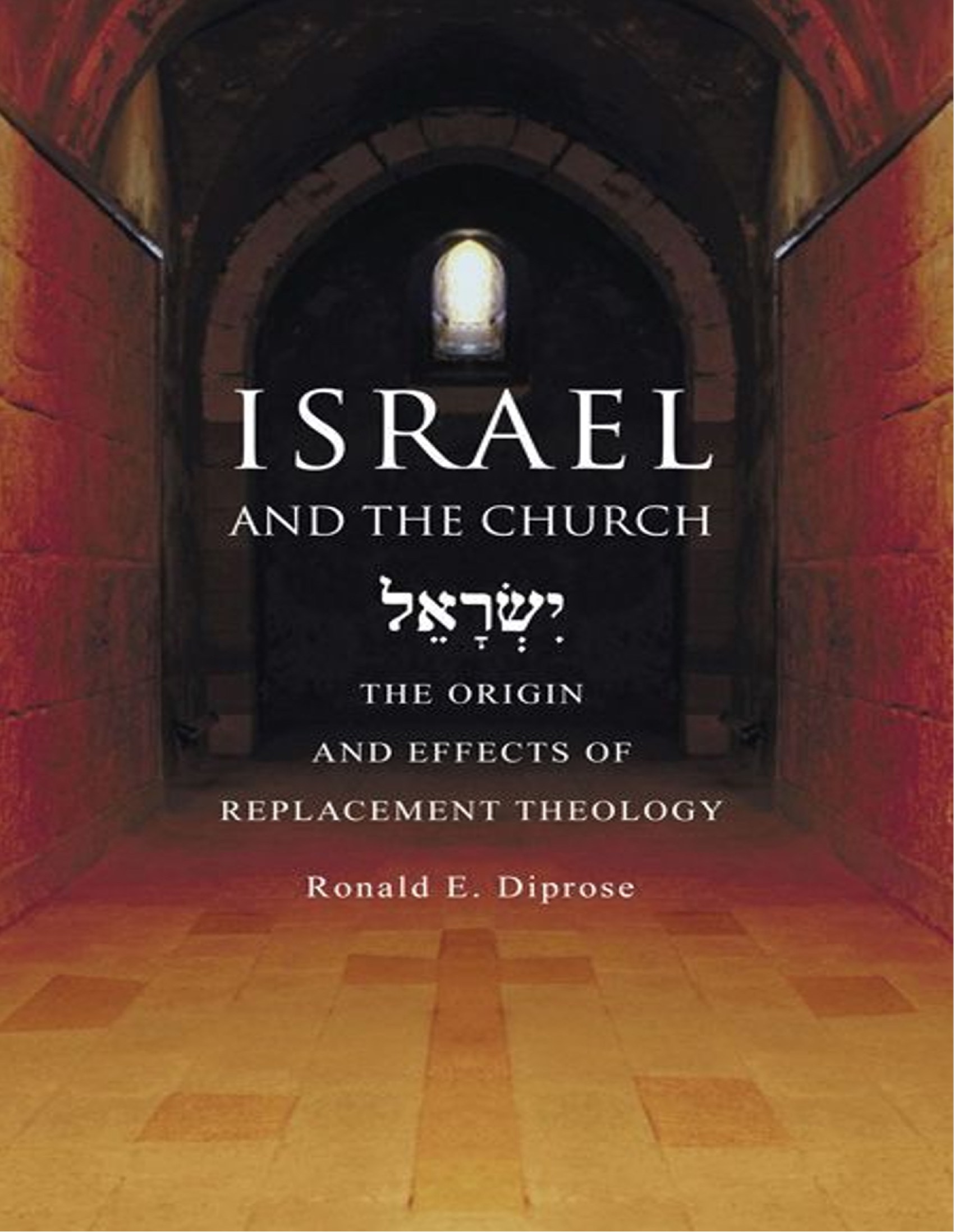ISRAEL AND THE CHURCH THE ORIGIN AND EFFECT OF REPLACEMENT THEOLOGY
Here is a summary of the core ideas from the book “Israel and the Church: The Origin and Effect of Replacement Theology” by Ronald E. Diprose:
1. Purpose of the Book
The book examines how Christian theology has historically treated the role of Israel, especially in light of the doctrine known as replacement theology (or supersessionism). This doctrine teaches that the Church has replaced Israel in God’s redemptive plan. Diprose challenges this view and explores its origins and implications.
2. Israel’s Unique Role
Diprose asserts that Israel remains a distinct and elect people in God’s plan. He draws on both Old and New Testament evidence to argue that God’s covenant with Israel is unconditional and eternal (e.g., Genesis 12; Jeremiah 31). He emphasizes that Israel’s identity and mission are not nullified by the emergence of the Church.
3. Origins of Replacement Theology
The concept of replacement theology began to develop in post-apostolic times, particularly in the writings of the early Church Fathers. While some theologians claim it has roots in the New Testament, Diprose refutes this by examining passages like Romans 9–11, where Paul maintains that Israel has not been rejected.
4. Impacts on Christian Doctrine
Replacement theology has deeply influenced Christian ecclesiology (the doctrine of the Church) and eschatology (the doctrine of end times). By sidelining Israel, many doctrines were formulated with an exclusively Gentile-centric view, which distorted biblical interpretation and practice.
5. Historical and Contemporary Consequences
Diprose explores the tragic consequences of this theology, including Christian anti-Semitism, which played a role in events like the Holocaust. He also discusses how modern theological movements and ecumenical councils (like Vatican II) have begun to correct this error and recognize the ongoing significance of Israel.
6. Call for Theological Re-evaluation
The author urges theologians to reassess Christian doctrine by reintegrating Israel’s role based on Scripture. He advocates for a theology that respects the distinction between Israel and the Church while acknowledging their interconnectedness in God’s plan.
